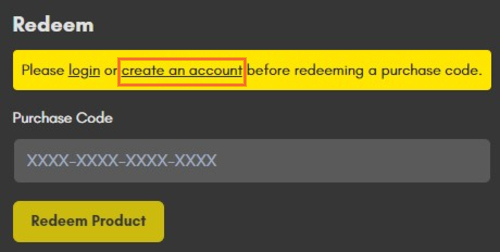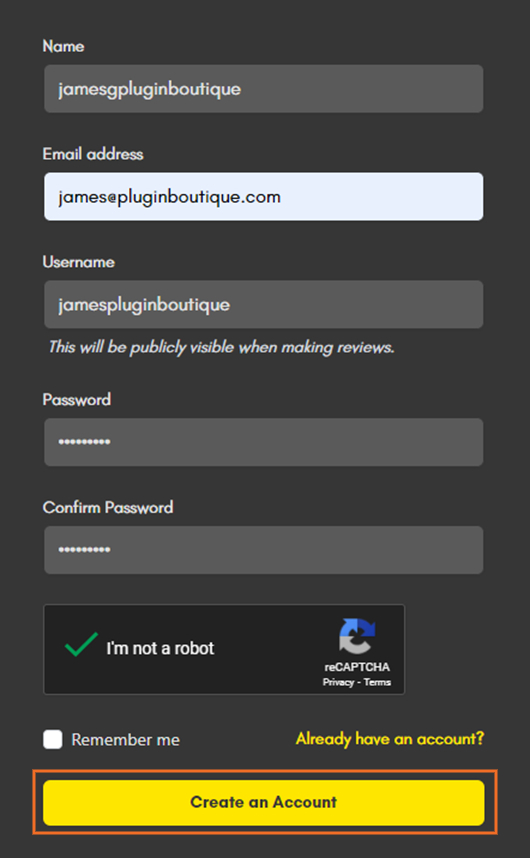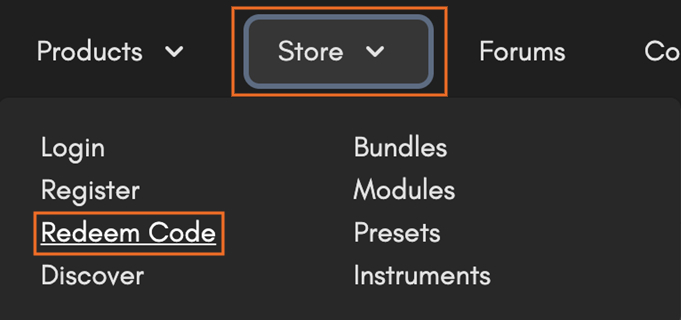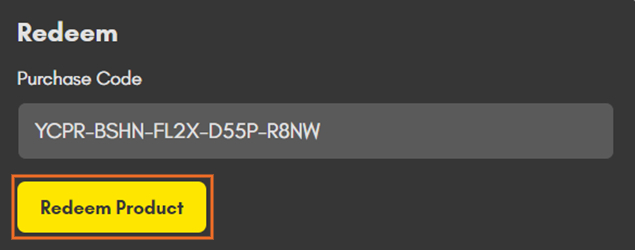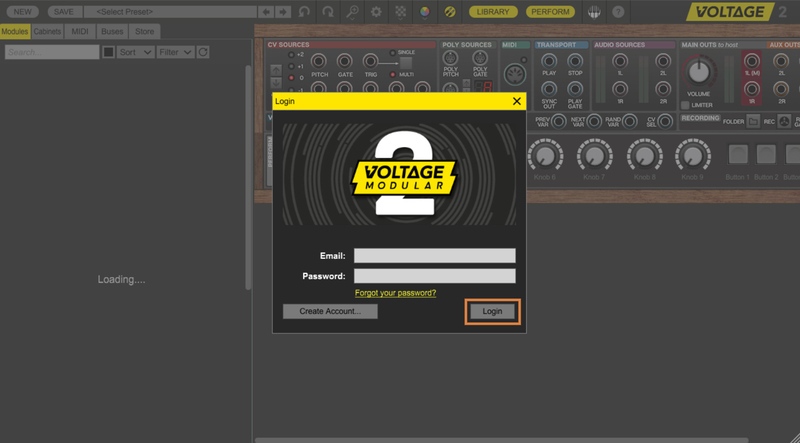Free gifts available with your purchase
Get Under the Hood
Pro Soloist is the latest in Cherry Audio's roster of ultimate "what if?" virtual instruments. Featuring the precision-crafted and circuit-modeled DSP designs of award-winning developer Mark Barton, Cherry Audio's Pro Soloist goes far beyond emulating the treasured, preset-based monophonic analog synth originally released by ARP in 1972. Pro Soloist not only exactingly reproduces the expressive controls, 30 infamous presets, and the unique underlying architecture of this prog rock classic, it breaks it out of its cage by making it fully programmable and expanding it with full polyphony, splits and layers, a mod matrix, integrated studio-quality effects, and more.
At the beginning of the 70s, analog synthesizers were just making their way into the hands of working musicians, and their operation was still a mystery to most folks outside of a college music lab. To avert potential user intimidation and bring synthesis to the masses, manufacturers introduced simple monophonic preset synths that were intended to sit atop an organ. ARP led the charge in 1970 with the Soloist, the first commercial preset synthesizer, featuring 18 presets and basic controls.

In 1972, ARP followed it up with the Pro Soloist, updating the analog preset control with revolutionary digital read-only memory chips (which improved tuning stability) and expanding the preset selection to 30. Most impressive was the introduction of an innovative “touch sensor” keyboard (now commonly known as aftertouch), where pressing harder after playing a note introduces changes to the sound, allowing highly expressive playing. Specifically, the Pro Soloist’s touch sensor controls enabled pitch bend, wow, growl, brilliance, volume, and vibrato. This was heady stuff in the early 70s, and the Pro Soloist proved popular with musicians for its ability to rapidly emulate lead instrument sounds such as horns, strings, woodwinds, and more.
Cherry Audio has added a dual-layer voicing architecture, with 16 polyphonic voices per layer, that enables two different presets simultaneously, with independent panning for rich stereo timbres and complex, layered sounds. Pro Soloist also supports a split keyboard mode and an option to simulate polyphonic aftertouch with a monophonic aftertouch controller for more expressive performance possibilities beyond the standard touch sensor effects.
With its distinctive three-panel interface, this Pro Soloist is far more than a preset synth. In Performance mode, each original paddle preset has been precisely recreated with MIDI-mappable switches. In Edit mode, we’ve exposed all of its unique analog synthesis architecture parameters, most notably, the fully-variable, five parallel bandpass filter “Resonator Bank” - the key to the Pro Soloist’s realistic acoustic orchestra timbres. Additionally, we’ve revealed the LFO and ADSR/AR envelopes used to create the presets, and elevated the sound design and performance possibilities with a "Super Wave" oscillator and a powerful six-slot modulation matrix. The Arp/FX mode rounds it out with a syncable arpeggiator and a dozen studio-quality effects for distortion, phaser, flanger/chorus, echo, and reverb. And with full support for MIDI (something not practical with the original hardware), the Pro Soloist virtual instrument is ideal for today's music production environments.
Features
- A best-in-class virtual instrument based on ARP's 1972 preset-based monophonic analog synth
- Exactingly reproduces the expressive controls and 30 infamous presets, and surfaces the unique underlying analog synthesis architecture to make it fully programmable
- Massive dual-layer voicing architecture with 16 polyphonic voices per layer: two different Pro Soloist style sounds simultaneously playable, in either a keyboard split or stacked layer mode, with discrete controls for layer volume and panning
- Three-panel interface: Performance mode, with the original paddle presets; Edit mode, revealing all of the original's unique analog synthesis architecture parameters; and Arp/FX mode
- All Pro Soloist voicing parameters reproduced and exposed, including the five parallel 2-pole bandpass filters of the Resonator Bank, expanded with individual frequency curves
- Touch Sensor Effects controls to apply aftertouch to volume, brilliance (filter), and portamento, with adjustable touch sensitivity
- Mono (retrigger or legato, low or high-note priority) and polyphonic modes, with a "last" note option to simulate polyphonic aftertouch with a monophonic aftertouch controller for more expressive performance possibilities
- Voltage-controlled oscillator with sawtooth and pulse waves, plus a "Super Wave" option for fatter tones
- VCO modulation with ADSR PWM, AR PWM, LFO PWM, and LFO FM
- 24dB/oct Voltage-controlled filer (VCF) with filter invert and modulation with ADSR, AR, LFO, Growl (a specialized low-frequency oscillator), velocity, and keyboard tracking
- Voltage-controlled amplifier (VCA) with modulation by ADSR, AR, LFO, and velocity, and independent per-layer control over volume and panning for expansive and breathtaking stereo tones
- Tempo-syncable LFO with sine, ramp, sawtooth, and square waveforms
- Resonant highpass filter with cutoff frequency from 20 Hz to 1300 Hz
- Resonator Bank with five parallel bandpass filters with continuously variable frequency and resonance controls, all individually modulatable via the Mod Matrix. The frequency curves of the originals are provided and any of the resonators can be set to individually to any of the curves, in any combination.
- ADSR (attack/decay/sustain/release) and AR (attack/release) envelope generators
- Powerful but easy-to-use Modulation Matrix with six slots and simple click-to-assign functionality: 22 sources and 58 destinations, including Pro Soloist's integrated effects
- Arpeggiator with MIDI tempo sync with Down, Up, Up/Down, and Random
- Panel Control for selecting layer controls, including utility functions for duplicating and exchanging synthesis and effects parameters between layers and presets
- Preset Paddles includes each of the 30 original Pro Soloist factory presets
- Over 400 presets, created by a talented team of sound design veterans, easily accessible in a convenient preset browser
- 12 studio-quality integrated effects: distortion, 2/4/6/8 stage phaser with sync, flanger/chorus with sync, three types of stereo echo/delay with sync, and five types of reverb, with easy-to-access global or layer settings
- Complete MIDI control and DAW automation for all controls, with easy-to-use MIDI learn and mapping (Preset and Global)
- Cherry Audio's popular Focus zoom-in feature, as well as standard UI zoom and resize via drag
- Complete documentation available directly online from the instrument or in downloadable PDF format
- Highly optimized coding for optimal performance with ultra-low CPU load, and multithreaded processing for presets using Split and Layer modes
- User-adjustable oversampling control
- Available in AU, VST, VST3, AAX, and standalone formats.
System Requirements
Mac
- 10.13 or above.
- macOS 13 Ventura supported.
- 64-bit required.
- Native Apple Silicon processor support, including Ultra.
- 3.4 GHz Quad-Core or M1 CPU with 8GB of RAM recommended.
- Available in AU, VST, VST3, AAX & Standalone formats
Windows
- Windows 7 or above (including Windows 11), 64-bit required.
- Quad-core computer with 8GB of RAM recommended.
- Available in VST, VST3, AAX & Standalone formats
Mac
Registration
Note: Voltage Modular Core 2 + Electro Drums have been used as an example.
1. Visit https://store.cherryaudio.com/redeem?ref=PluginBoutique > click ‘create an account’ to register your product. (If you already have a Cherry Audio account, simply click ‘login’).
2. Enter your details and click the 'I'm not a robot’ reCAPTCHA > click 'Create an Account'.
3. Once logged in click ‘Store’ on the top toolbar and then ‘Redeem Code’.
4. Enter the serial number from your Plugin Boutique account > click 'Redeem Product'.
Installation
1. Choose the correct Mac format for your systen (Intel or M1) > click 'Download'.
2. Open the downloaded .pkg installer > Click 'Continue'.
3. Read through the Software License Agreements > Click 'Continue'.
4. Click 'Agree'.
5. Select your installation destination > Click 'Continue'.
6. Choose the plugin formats you want to install > click 'Continue'.
6. Click 'Install'.
7. Click 'Close' to complete the installation process.
Activation
1. Open your installed product and enter your Cherry Audio registered Email and Password > Click 'Login'.
Your software is now activated and ready to use!
Windows
Registration
Note: Voltage Modular Core 2 + Electro Drums have been used as the example.
1. Visit https://store.cherryaudio.com/redeem?ref=PluginBoutique > click ‘create an account’ to register your product. (If you already have a Cherry Audio account, simply click ‘login’).
2. Enter your details and click the 'I'm not a robot’ reCAPTCHA > click 'Create an Account'.
3. Once logged in click ‘Store’ on the top toolbar and then ‘Redeem Code’.
4. Enter the serial number from your Plugin Boutique account > click 'Redeem Product'.
Installation
1. Choose the Windows format > click 'Download'.
2. Open the downloaded .exe installer > Click 'Next'.
3. Select 'I Agree to the Terms of this License Agreement' > Click 'Next'.
4. Choose the plugin formats you want to install > click 'Next'.
5. Click 'Next'.
6. Click 'Finish' to complete the installation process.

Activation
1. Open your installed product and enter your Cherry Audio registered Email and Password > Click 'Login'.
Your software is now activated and ready to use!

